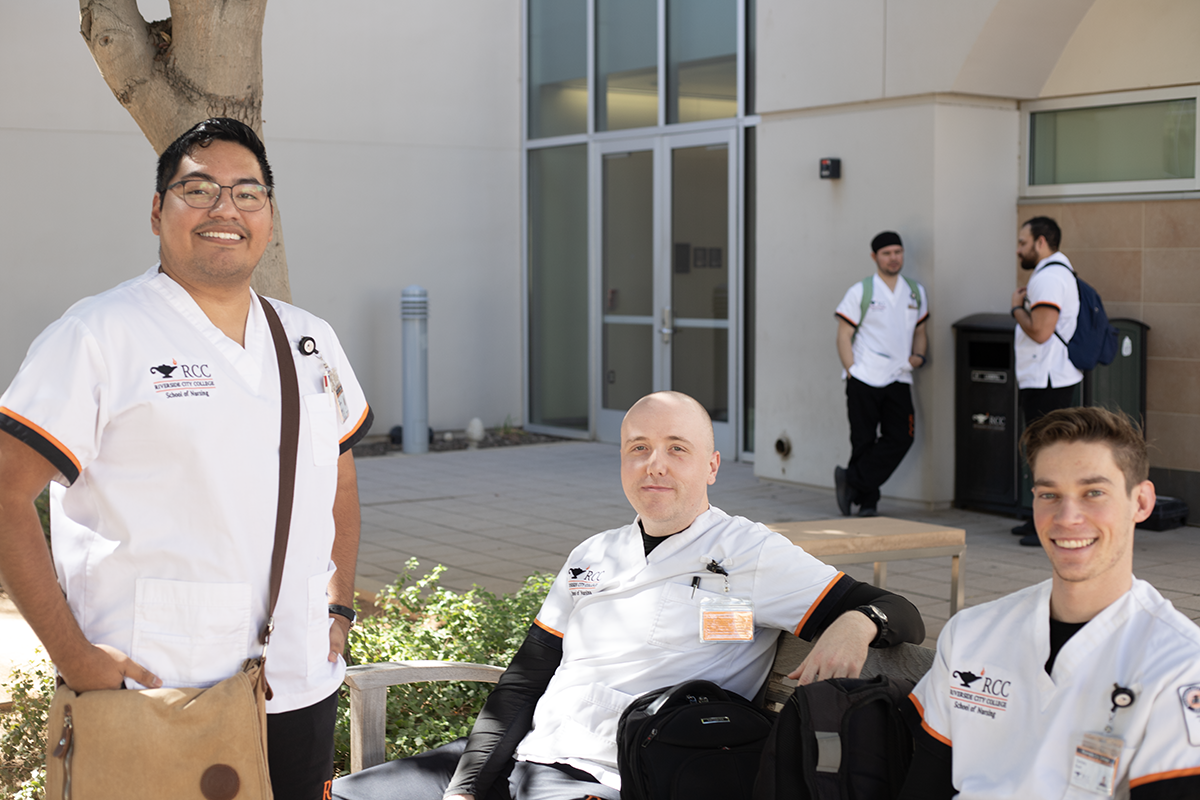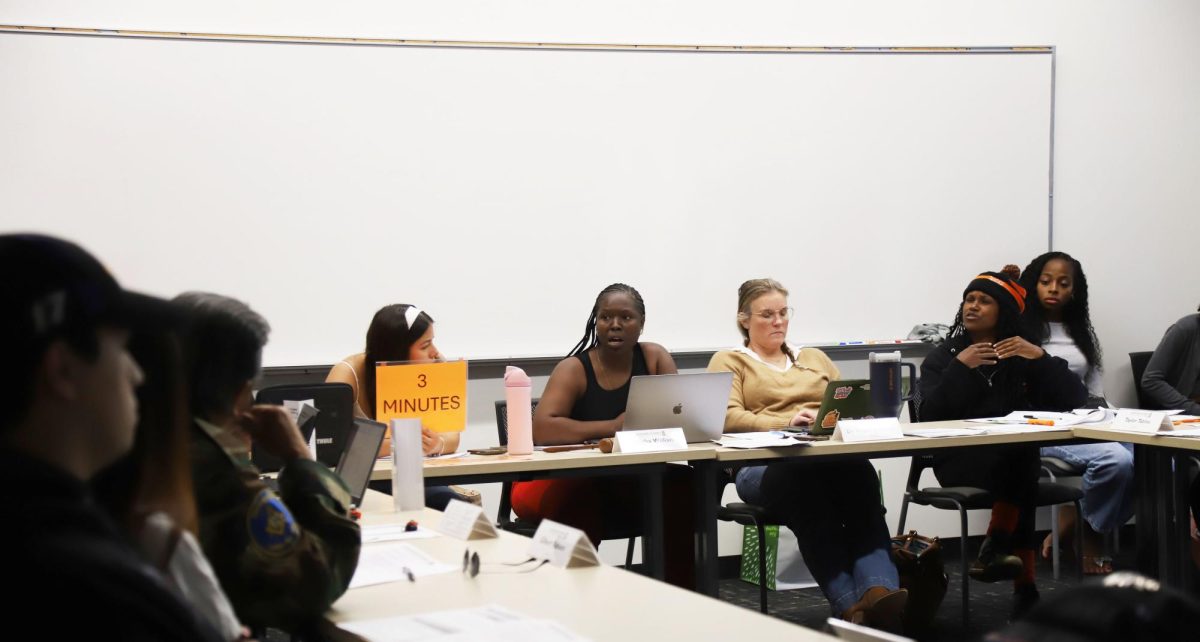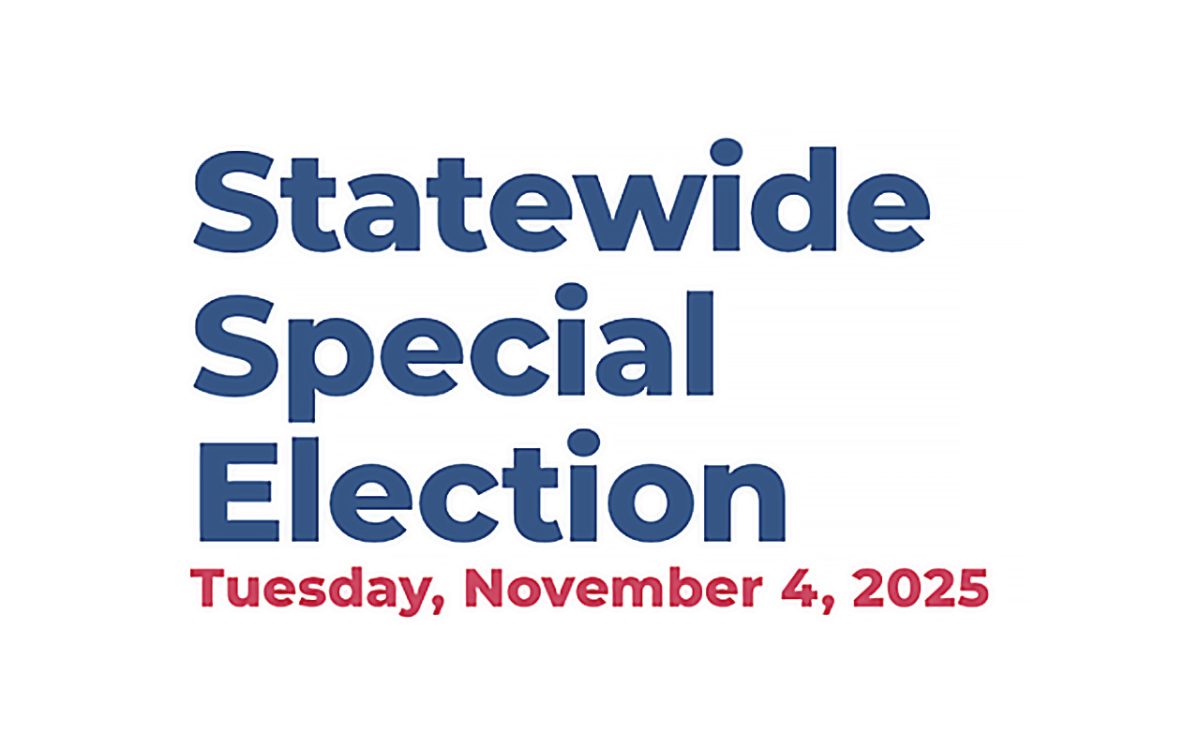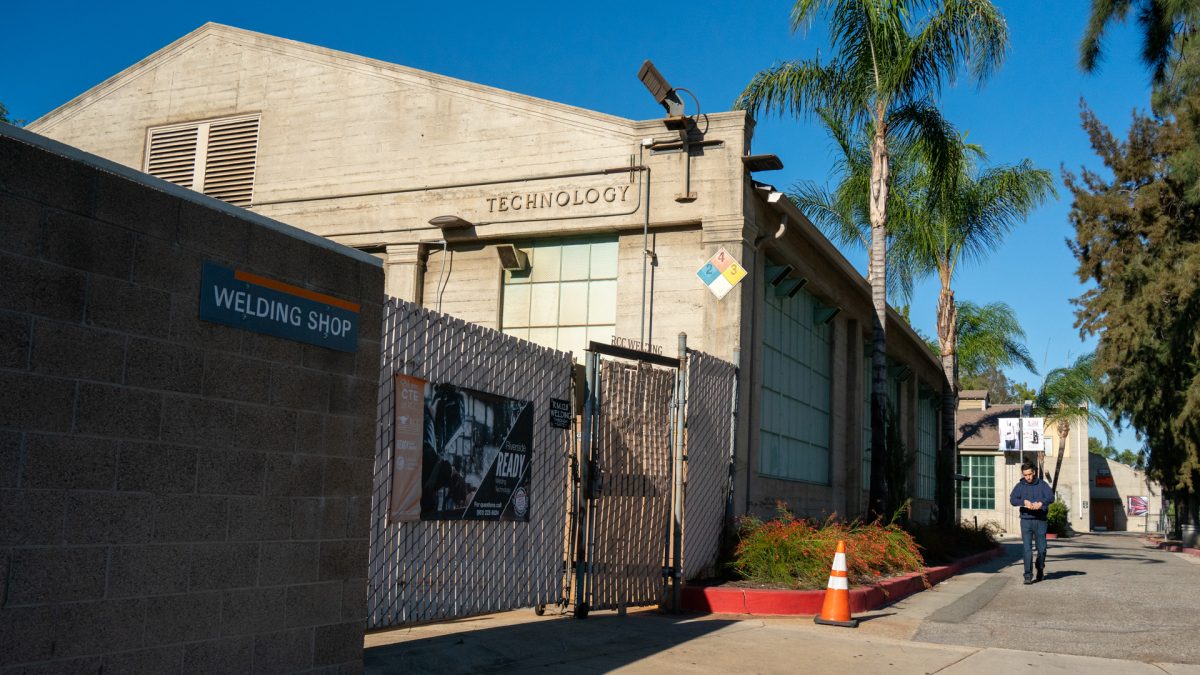Textbooks are costly and trouble students at the beginning of every semester. Maybe your FAFSA hasn’t hit your bank account, your professor hasn’t sent a link to get the textbook or you just do not have the means to purchase resources for your courses.
At the Academic Senate meeting on Oct. 20, Sally Ellis, a senator on the Course Materials Affordability Committee, spoke about the needs and developments within the committee and is working to make school more affordable.
Ellis talked about how the committee has been under multiple different managements and has maybe strayed away from its intended goals and values at points. Now, they are dedicated to serving the students and finding ways to make learning more accessible and affordable.
“We are a group of people who feel that, in my opinion, the best step you can take toward equity in class is to adopt an OER textbook,” said Ellis. An OER text book is an open education resource, copyright free and available to the public, making them much cheaper or sometimes free.
There are only three elected members of the committee (with one on sabbatical) and the rest are supporting it because of their passion for the cause, Ellis said. The committee is working on expanding and electing more members. Ellis proposed the idea of appointing those who already attend the meetings to official positions.
The state Chancellor’s office and the Academic Senate for California Community Colleges is helping fund CMAC with money used to promote OER to community colleges and encourage professors to incorporate them in their courses. This funding is also being used to create Zero-Textbook-Cost and OER pathways to make students academic fees close to or maybe even zero.
The state is heavily encouraging CMAC and its goals and wants to put it into effect as soon as possible and many other colleges have already added this.
“There are campuses and colleges that are so far ahead of us. We have not, maybe from the top down put a lot of focus on this,” said Ellis.
A necessary position for CMAC is an OER liaison. This is a position that would go to state meetings.
CMAC does not currently have a liaison so Ellis stepped in to take the survey using collected data from RCCD. She found that RCC does have a ZTC pathway that can fulfill the California General Education Transfer Curriculum.
She explains that the data may not be 100% reliable because it was from a self reported survey, but she was overall very optimistic about these findings.
Then she continued to introduce a document on the agenda that was now a part of the California Code of Regulation.
This document stresses the importance of ZTC, OER materials in courses and says that students should have access to whatever resources they might need on day one of classes without need for funds.
“The OER movement was predicated on accessibility and equity, representation, and culturally relevant material. Adopt an OER,” said Ellis.







